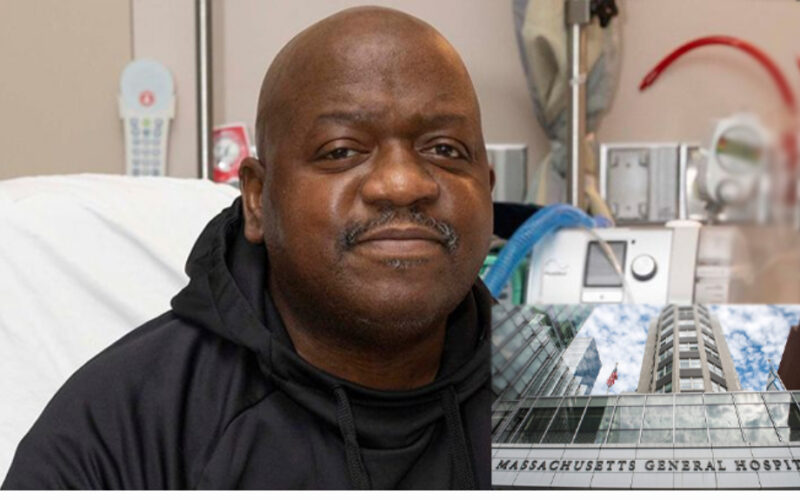The world’s first patient with a transplanted pig kidney has left the hospital almost three weeks after the operation.
The Massachusetts General Hospital in Boston announced on X that Rick Slayman is recovering well and will continue his recovery at home with his family.
“This moment, leaving the hospital today with one of the cleanest bills of health I’ve had in a long time, is one I wished would come for many years,” said the 62-year-old. “Now it’s a reality.” The world’s first patient with a transplanted pig kidney has left the hospital almost three weeks after the operation.
The Massachusetts General Hospital in Boston announced on X that Rick Slayman is recovering well and will continue his recovery at home with his family.
“This moment, leaving the hospital today with one of the cleanest bills of health I’ve had in a long time, is one I wished would come for many years,” said the 62-year-old. “Now it’s a reality.”
This day not only meant a new beginning for him, he said, but also for many other people who were waiting for a kidney transplant.
The man, who suffered from a life-threatening kidney disease, had the genetically modified organ transplanted on March 16, according to the hospital.
The procedure known as xenotransplantation has been the subject of research for many years.
Pigs are particularly suitable as donors because their metabolism is similar to that of humans. However, the genetic makeup of the donor animals must be altered for their organs to be used.
Without genetic modification, there would be an immediate rejection reaction when the organs are transferred to humans.
The 62-year-old also showed signs of rejection on the eighth day after the operation, one of the doctors said.
However, the immune reaction was contained with medication.
“It was a roller coaster the first week,” the doctor said.
However, the man reacted to the treatment the same way as patients who had received organs from human donors.
In recent years, two seriously ill patients had pig hearts implanted as replacement organs at the University Hospital in Baltimore in the U.S. state of Maryland.
Both died a few weeks after the operation.
(dpa/NAN)




